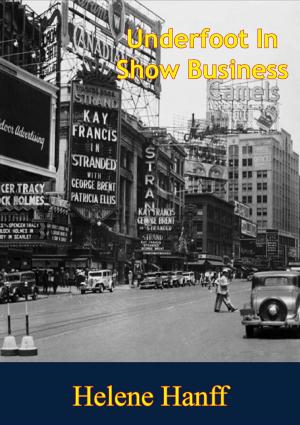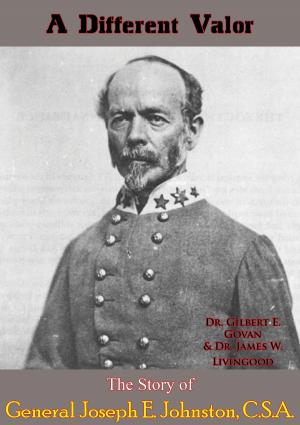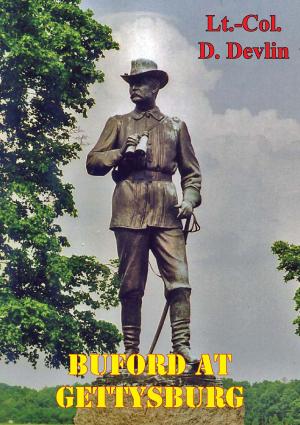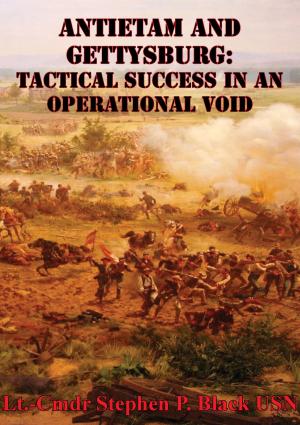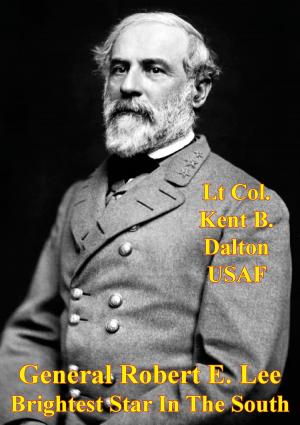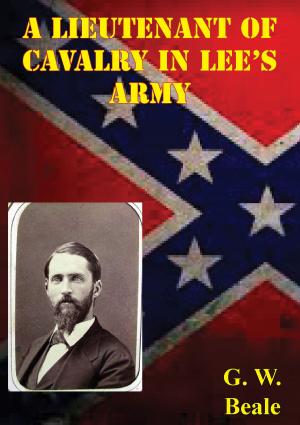P. G. T. Beauregard: Napoleon In Gray
Nonfiction, History, Modern, 19th Century, Americas, United States, Civil War Period (1850-1877), Military| Author: | T. Harry Williams | ISBN: | 9781782893738 |
| Publisher: | Golden Springs Publishing | Publication: | November 6, 2015 |
| Imprint: | Golden Springs Publishing | Language: | English |
| Author: | T. Harry Williams |
| ISBN: | 9781782893738 |
| Publisher: | Golden Springs Publishing |
| Publication: | November 6, 2015 |
| Imprint: | Golden Springs Publishing |
| Language: | English |
“First published in 1955 to wide acclaim, T. Harry Williams’ P. G. T. Beauregard is universally regarded as “the first authoritative portrait of the Confederacy’s always dramatic, often perplexing” general (Chicago Tribune). Chivalric, arrogant, and of exotic Creole Louisiana origin, Beauregard participated in every phase of the Civil War from its beginning to its end. He rigidly adhered to principles of war derived from his studies of Jomini and Napoleon, and yet many of his battle plans were rejected by his superiors, who regarded him as excitable, unreliable, and contentious. After the war, Beauregard was almost the only prominent Confederate general who adapted successfully to the New South, running railroads and later supervising the notorious Louisiana Lottery. This paradox of a man who fought gallantly to defend the Old South and then helped industrialize it is the fascinating subject of Williams’ superb biography.”-Print ed.
“First published in 1955 to wide acclaim, T. Harry Williams’ P. G. T. Beauregard is universally regarded as “the first authoritative portrait of the Confederacy’s always dramatic, often perplexing” general (Chicago Tribune). Chivalric, arrogant, and of exotic Creole Louisiana origin, Beauregard participated in every phase of the Civil War from its beginning to its end. He rigidly adhered to principles of war derived from his studies of Jomini and Napoleon, and yet many of his battle plans were rejected by his superiors, who regarded him as excitable, unreliable, and contentious. After the war, Beauregard was almost the only prominent Confederate general who adapted successfully to the New South, running railroads and later supervising the notorious Louisiana Lottery. This paradox of a man who fought gallantly to defend the Old South and then helped industrialize it is the fascinating subject of Williams’ superb biography.”-Print ed.
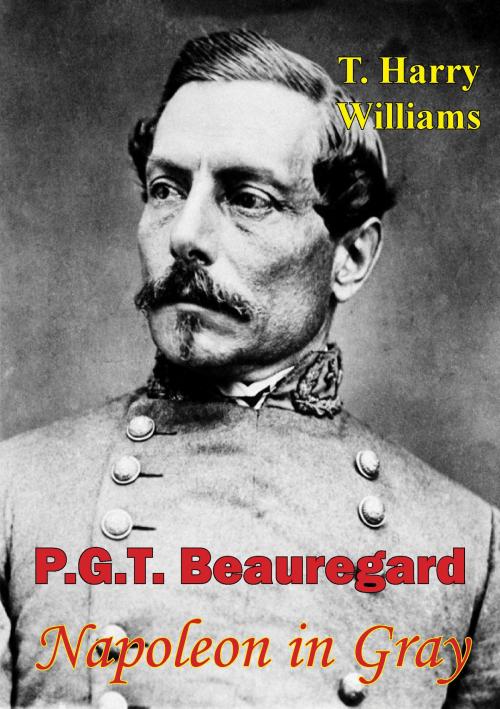
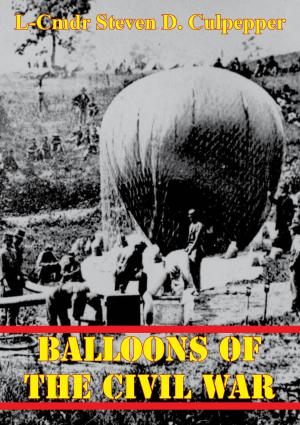
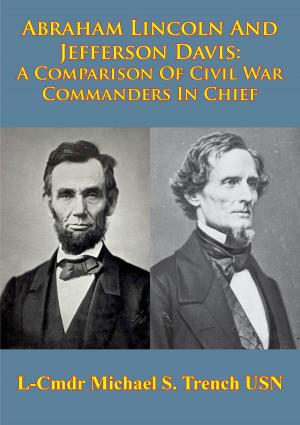
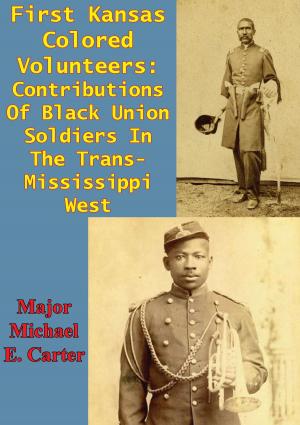
![Cover of the book Military Memoirs Of A Confederate: A Critical Narrative [Illustrated Edition] by T. Harry Williams](https://www.kuoky.com/images/2014/august/300x300/9781782895282-LpNv_300x.jpg)

